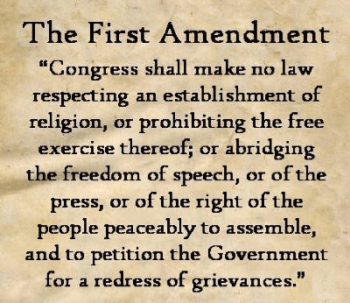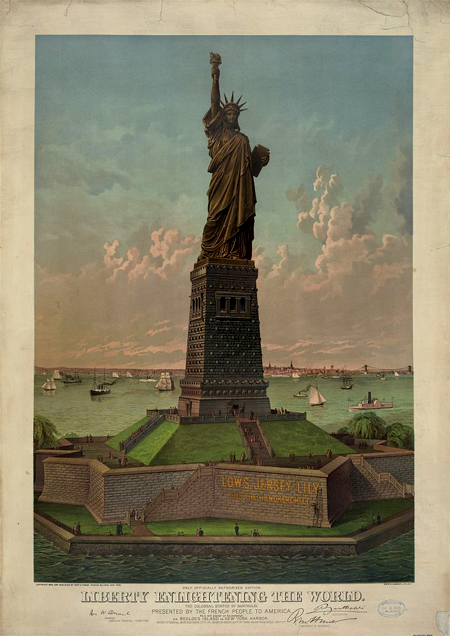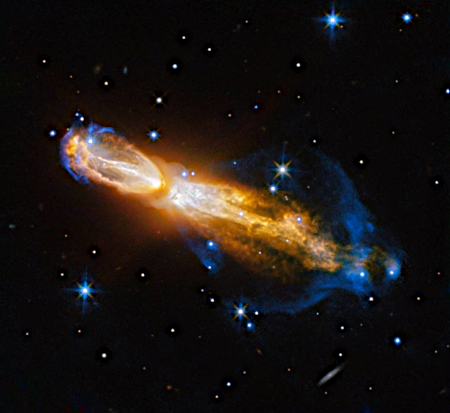This past weekend was truly a weekend of horror. There were two mass murder terrorist attacks, one in Australia against Jews celebrating Hanukkah and another at Brown University in Rhode Island in a classroom. In California someone drove up to a home with a Hanukkah display, cursed the home-owners for being Jewish, and sprayed the home with bullets. And in Amsterdam masked Jew-haters attacked a Hanukkah concert.
Meanwhile, two previously popular major rightwing pundits, Tucker Carlson and Candace Owens, have gone off the deep end, falling into the same rabbit-hole of anti-Semitism and conspiracy madness based on slanders and lies. In the case of Candace Owens, that madness has her make absurd and vicious accusations against the family and friends of Charlie Kirk, claiming without evidence that they were somehow complicit in his murder.
Nor have I even scratched the surface of the ugliness and incivility and violence and barbarism that seems to have overwhelmed civilization in the past decade.

Bringing the cultural principles of the
First Amendment back to America
And yet, buried within the horrors of this past weekend I stumbled by accident upon a ray of hope. And believe it or not, that hope comes from one of our most disgraced and for decades most biased mainstream news outlets, CBS News. It seems that outlet’s new editor-in-chief, Bari Weiss, is attempting to abandon the one-sided, 24/7 leftwing perspective that has dominated that news organization (as well as all of America’s so-called “intellectual” culture) for decades.
Instead, she is advocating openness and a willingness to let many different opinions and ideas be heard.
There had been indications she would do this when she was hired, based largely on her open approach to reporting that forced her out of her job at the New York Times and became the hallmark of her work at her own subsequent news outlet, The Free Press.
Her position was made quite clear during a CBS Mornings interview on December 12, 2025, embedded below, where she plugged a CBS News Townhall aired on December 13, 2025 in which her guest was Erika Kirk, the widow of Charlie Kirk.
» Read more






